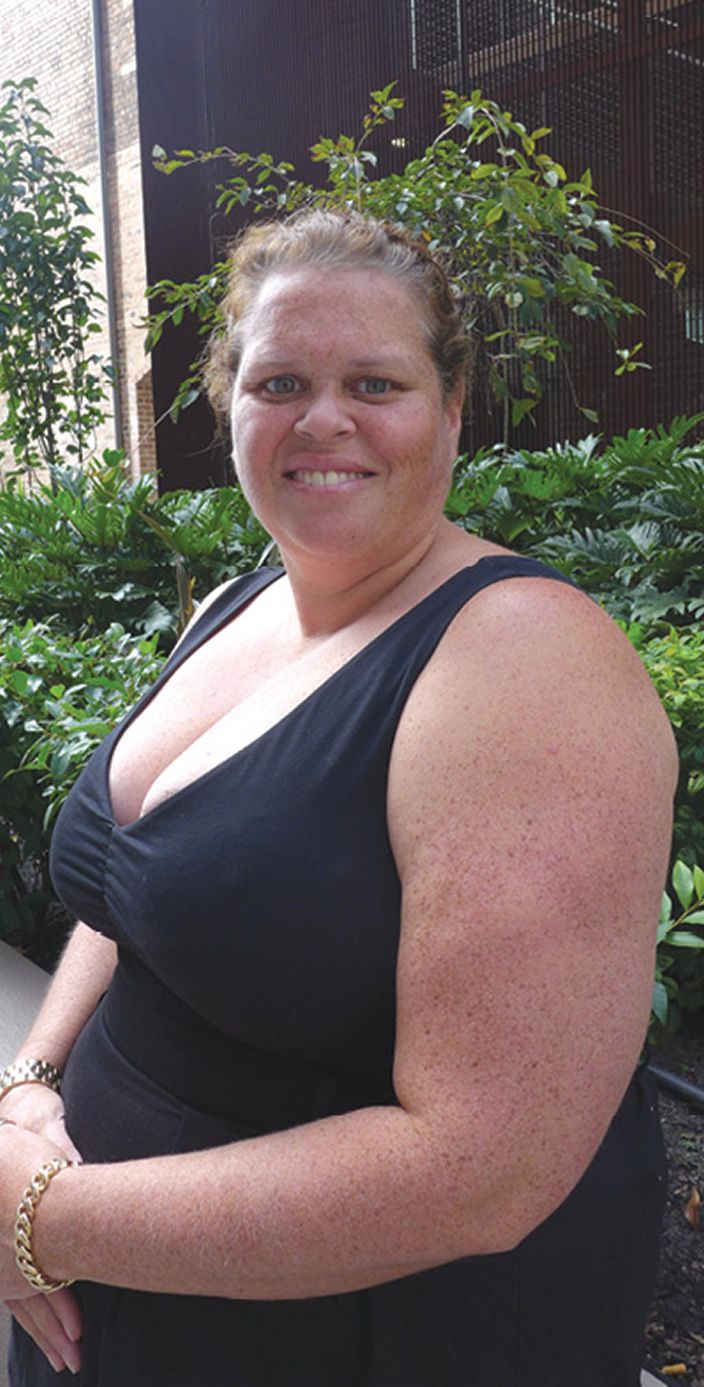
As an Aboriginal woman and mother of two Aboriginal girls it’s scary to me that, as a nation, we don’t value the culture we have here in our country.
A Gamilaraay woman, Cassandra conducts workshops in schools for teachers and students; teaches a unit on Aboriginal Studies for preservice teachers at Australian Catholic University (ACU); carries out an immersion program for Armidale CEO in NSW and works two days a week at Yalbalinga Indigenous Higher Education Unit for Aboriginal students studying at ACU.
However, embedding Aboriginal perspectives into the curriculum should not only be the domain of people like her, or the Aboriginal Education Worker (AEW) or equivalent or Aboriginal teacher at a school.
Everyone in a school should have an awareness and understanding of Aboriginal culture that is embedded in themselves, not just the curriculum.
“It becomes spiritually draining if the AEW or Aboriginal teacher has to support all the other staff all the time on embedding Aboriginal issues. Staff should have the confidence to do it themselves.
‘It’s not okay not to know any more. The information is out there.”
Cass said Aboriginal stories in the media tend to be on the negative side. She recommends the personal approach.
“Having a relationship with an Aboriginal person is the best way to understand the variety of culture and the stories from community and country.
“That way we can overcome the stereotypes,” she said.
Preservice students at ACU often feel barriers about saying inappropriate things or causing offence when approaching Aboriginal people.
“Once you form a relationship of mutual trust you will open doors and what is behind that door is magical,” Cass said.
“As an Aboriginal woman and mother of two Aboriginal girls it’s scary to me that, as a nation, we don’t value the culture we have here in our country.
“An elder once said to me that we are only 2.3% of the population so the white fellas need to start walking our journey with us.”
As a 16-year-old Cass left her traditional home at Goodooga in NSW to attend Mackellar Girls High School at Manly as a boarder.
“It was a time when I was struggling with my identity as an Aboriginal woman. The art teacher used to let me paint in the classroom at lunchtimes.
“I enjoyed the tranquillity of that. I don’t think I realised the importance of that at the time, but it gave me a safe space.”
Cass said any teacher who has Aboriginal students in their classroom must support them, understand their culture and work to engage them.
“Keep trying. It may not be obvious that you’re making a difference at the time but know that you are changing their lives.
“If we are talking about closing the gap then we need to work out how to empower young Aboriginal people to makes changes in their own lives.
“Walk my journey alongside me. That’s where the magic happens.”
The Edmund Rice Centre is a Sydney-based social justice, awareness and advocacy organisation with a focus on refugees and Indigenous Australians. To find out about the programs Cass runs go to www.erc.org.au and click on Indigenous Programs.


































































































































